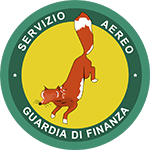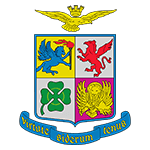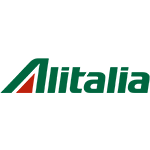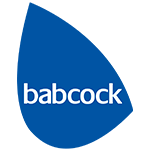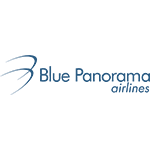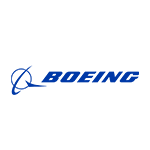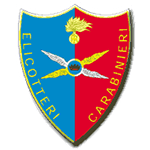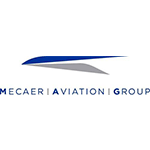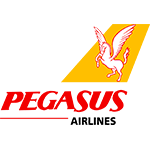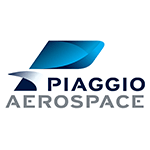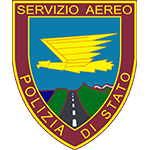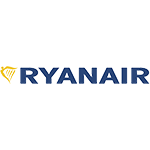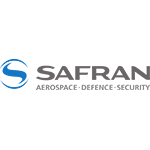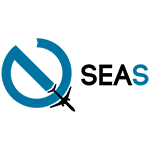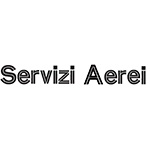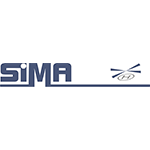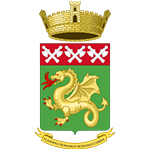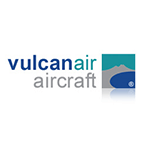Metrological Laboratory
The metrological laboratory was founded in 1999 following the need to calibrate numerous types of measuring instruments used in maintenance and present in the various departments in order to reduce the downtime of the machine and obtain a higher quality of service.
Our laboratory is able to provide a precise, efficient and rapid calibration service, focusing on the best technologies and test equipment.
The ultimate goal in continuous improvement is the reduction of error margins for the achievement of more precise, repeatable and reliable measurements.
The metrological laboratory complies with the UNI CEI EN ISO/IEC 17025 standard, in the aeronautical context it complies with the requirements of the EASA Part145, UK Part145, AS/EN9110 standards; in the civil field those of ISO9001, and complies with all the national and international regulations in force for the various instruments.
At the end of each process, a calibration report is issued with traceability to national and international standards.
To date, our laboratory, in addition to the aeronautical sector, has customers in many civil sectors such as: industrial, automotive, refrigeration systems, railways, naval, precision mechanics, construction.
We are also able to provide assistance to customers for on-site calibrations, with periodic verification of instruments and/or metrological confirmation service where required.
Any measuring instrument must be checked, not only in the aeronautical sector, but also in the fire-fighting, mechanical, automotive, refrigeration and air conditioning sectors.
The intervention capacity of the Mach Aviation metrological laboratory can vary and is in continuous development based on customer needs: in fact, following a new request, the laboratory can take action to extend its capability.
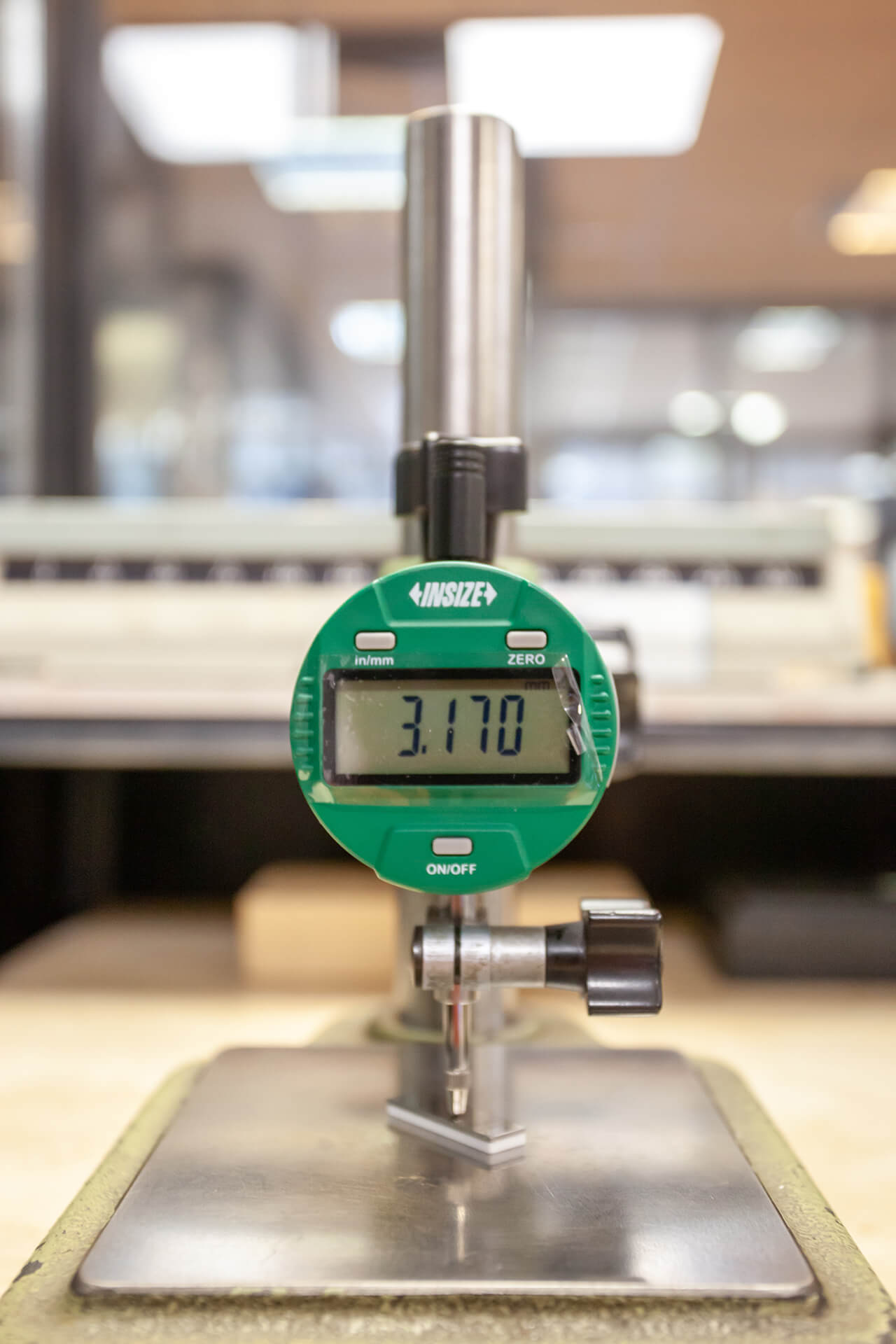
The calibrations of the metrological laboratory
Each measuring instrument must be subjected to periodic checks, and the calibration interval varies according to the frequency of use, the requirements dictated by the operation to be carried out, as well as the area of use.
Calibration is that verification operation which is carried out by comparing the indications provided by the instrument under test (calibrating) with those provided by one or more sample instruments or reference standards with a better degree of precision. Everything is defined through formulas, graphs or tables, outlining the metrological characteristics of the instrument, the degree of precision and its uncertainty.
This procedure makes it possible to obtain a correspondence between the indications of the instrument and the values of the quantity that the instrument must measure, which, when compared with the document certifying the values found, allows the operator to establish whether or not the instrument is being used for the required use.


